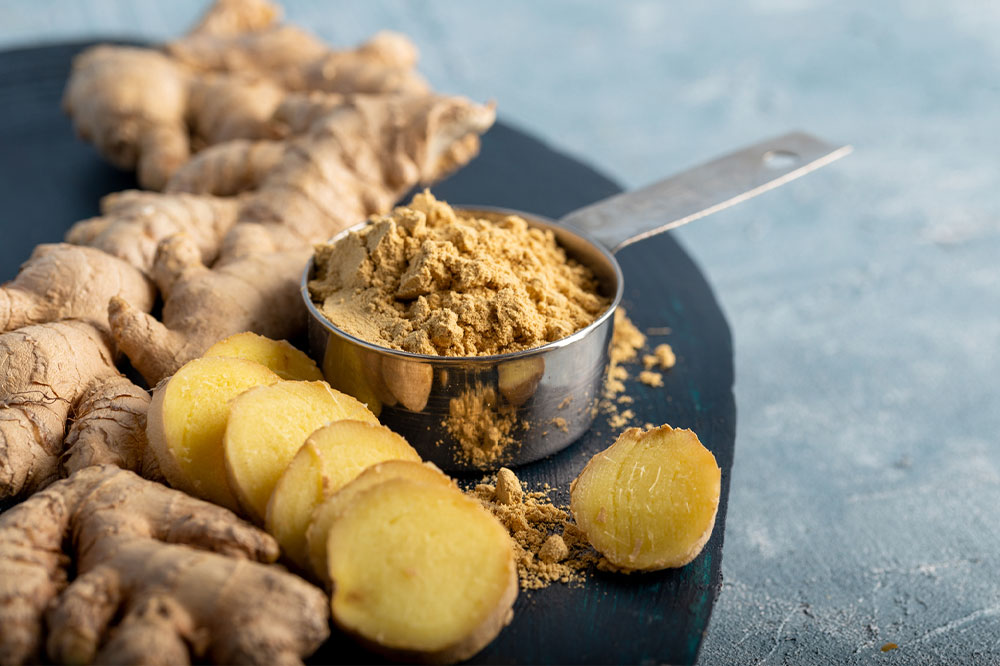
6 Eating Tips for Those with Breathing Issues
When eating, the body needs more oxygen to do the job of chewing and digesting. That said, the lungs work twice as hard to create more oxygen supply. While this process goes smoothly for most people, this may not be an easy process for those with breathing problems. That’s because while eating, the pressure can be on the lungs and diaphragm, making it harder for the body to provide oxygen.
1. Sit up while eating and drinking
The most basic thing to be careful of while eating is to avoid getting food into the windpipe, regardless of having breathing issues or not. To avoid choking, one must eat while sitting up straight, which eliminates the possibility of food getting into the windpipe.
2. Avoid foods that are heavy to digest
Avoid foods that are heavy to digest and demand the system to work twice as hard. That said, these types of foods may also contribute to bloating due to the slow digestion process, making it rather difficult for people with underlying breathing issues. That happens because bloating can put pressure on the lungs as well as the diaphragm, which makes breathing more challenging and uneasy.
3. Opt for smaller meals
The longer one takes to eat, the harder the body has to work to produce oxygen. To avoid having the lungs work hard, one must indulge in small but frequent meals. This practice also eliminates the pressure on the lungs and diaphragm, which is common after having a full meal.
4. Rest before the meal
The idea is to get some rest, give the body some time to relax, and catch a breath. Since we discovered that eating could be a big hindrance for people with breathing issues, this habit can help them save energy and restore it for a satiating meal. Also, another thing to note here is that one must not lie down soon after having a meal to enhance digestion.
5. Stay hydrated
A well-hydrated body helps keep constipation at bay, keeping the colon clear. This way, one doesn’t feel bloated from a full stomach, avoiding any added pressure on the lungs. It also helps thin mucus, clearing the nasal passage to enhance breathing. In the process of being hydrated, one can rely on fluids like green tea, lemon juice, and iced tea. During cold months, warm beverages can help keep the airway clear and thin down mucus, if any.
6. Avoid fluids with a meal
Fluids tend to make one feel full, especially when taken with a meal. This way, one can avoid putting the added pressure on the lungs that comes from a full meal and a bloated stomach. Keep the fluid intake at half an hour before and after a meal.
